#Medical cannabis business
Text




𝓨𝓸𝓾𝓻 𝓵𝓲𝓷𝓰𝓮𝓻𝓲𝓮 𝓵𝓸𝓿𝓲𝓷𝓰 𝓼𝓽𝓸𝓷𝓮𝓻 𝓫𝓯🖤💨
🖤my links🖤 (OF & MV on sale!)
#me#my face#of subpixie#going out of business sale#mv subpixie420#they/them#of on sale!!#mv on sale#nonbinary#cannabis#weed#https://linktr.ee/subpixie#go check out my pages 🥺💚#nonbinary stoner#support content creators#medical cannabis patient
429 notes
·
View notes
Text
Black Cherry Gelato 🍒 <smalls>
CALIFORNIA LOVE
Hmu if your town be dry 🤪
#self care#kentucky#cannabis#self medication#smoke weed everyday#funny tumblr#weed strains#weed community#small business
13 notes
·
View notes
Text
#cannabis#marijuana#weed#pot#legalization#medical marijuana#mmj#medical cannabis#legalize#businesses
3 notes
·
View notes
Text
me: Which happens first: Kentucky state legislature gets around to legalizing weed, or national legalization?
Mom: Oh, gotta be the feds. Just because, you know... this is the Kentucky state legislature we're talking about.
me: Gosh, Mom! You don't think either party is politically-astute enough to do something that would be so popular in Kentucky?
Mom: Oh, honey... They just don't have the guts to do it.
#the law#mom status: disgusted.#(beshear's executive order in re medical cannabis will be ignored by most cops/prosecutors/judges/etc)#(the local cops are have in fact been enforcing nonexistent laws against various hemp and cbd products for years#and demanding free stuff from local businesses that sell d8 and similar#collecting the pizzo in monogrammed lighters and leather gun accessories)#mom says stuff
10 notes
·
View notes
Text
Peter McWilliams Used Medical Cannabis
He Knew It Ain’t Nobody’s Business If You Do
youtube
Time 4 Hemp paid tribute to Peter McWilliams is a special segment featuring Tod McCormick, Paul Krassner, Chris Conrad, Mikki Norris, and Paul Stanford. Click here to listen to the show.
Peter McWilliams Couldn’t Afford The Luxury Of A Negative Thought.
Written by Casper Leitch
In the field of the marijuana legalization movement, few figures loom as large as Peter McWilliams. A man of words, of ideas, and of unyielding conviction, McWilliams left an indelible mark on the discourse surrounding medical cannabis and the broader legalization of marijuana. His life, his struggles, and his writings continue to resonate with those who champion individual freedom, compassion, and justice in the face of prohibitionist policies.
Peter McWilliams was not merely a writer; he was a visionary. His keen intellect and insatiable curiosity led him to explore realms of thought and action often deemed taboo by society. It was this fearless pursuit of truth and freedom that would define his life's work and, ultimately, his legacy.
In the writings of Peter McWilliams, one finds a passionate defense of personal freedom and a scathing critique of the criminalization of so-called "victimless crimes." Coined by McWilliams himself, this term refers to actions undertaken consensually and without causing physical harm to others or their property. Whether it was drug use, sexual behavior, or other forms of self-expression, McWilliams believed fervently in the right of individuals to make choices about their own bodies and lives, free from government interference.
Central to McWilliams's advocacy was his belief in the primacy of individual liberty and constitutional rights. He saw the criminalization of certain behaviors as a gross violation of the principles upon which America was founded. To him, the government's role was not to dictate morality or restrict personal freedoms but to protect the rights of its citizens to live as they saw fit, so long as they did not harm others.
At the heart of McWilliams's crusade for freedom was his profound understanding of the teachings of various religious traditions. He saw in these teachings a common thread of compassion, tolerance, and respect for the dignity of every human being. Whether drawing inspiration from Christianity, Buddhism, or other spiritual paths, McWilliams sought to reconcile his own beliefs with the demands of a society often hostile to those who dared to question the status quo.
But it was not merely in the realm of ideas that McWilliams made his mark. His actions spoke volumes, particularly in his advocacy for the medical use of cannabis. Afflicted with AIDS, McWilliams found himself facing a myriad of health challenges, chief among them the violent nausea caused by the anti-viral drugs used to treat the disease. In medical marijuana, he discovered a lifeline, a source of relief from the debilitating symptoms that threatened to overwhelm him.
Recognizing the importance of sharing his experience with others, McWilliams set out to publish a book on the subject. He enlisted the help of Todd McCormick, a fellow activist and medical marijuana patient, to document their journey and explore the potential benefits of different strains of cannabis. Little did McWilliams know that this act of advocacy would land him in the crosshairs of the federal government.
Todd McCormick began his journey as a Medical Cannabis Activist at the age of nine, when his mother, desperate to alleviate his suffering from cancer treatments, offered him a joint. Little did she know that this seemingly unconventional remedy would not only ease Todd's nausea but also spark a lifelong dedication to advocating for medical marijuana.
Throughout his childhood, Todd endured numerous rounds of treatment, battling cancer with the help of radiation therapy, chemotherapy, and surgery. Yet, it was marijuana that provided him with relief from the debilitating side effects of his medical interventions. As he thrived under this unconventional treatment, Todd became determined to ensure that others wouldn't have to suffer in silence.
In his quest to spread awareness about the medicinal benefits of cannabis, Todd delved into the science of cultivation, breeding, and strain effects. His expertise and dedication played a pivotal role in advancing the medical marijuana movement, culminating in the passage of California's Proposition 215 in 1996, which protected patients and caregivers from prosecution for marijuana possession and cultivation with a doctor's recommendation.
Central to Todd's advocacy was his partnership with Peter McWilliams. Together, they envisioned a world where cannabis could revolutionize the treatment of cancer and other diseases. However, their efforts faced fierce opposition from federal authorities determined to uphold the status quo of the "War on Drugs."
In a tragic turn of events, Peter McWilliams fell victim to the government's relentless pursuit of marijuana prohibition. Despite his valiant efforts to defend his innocence and promote the medical benefits of cannabis, Peter's voice was silenced by a justice system unwilling to acknowledge the truth.
On July 23, 1996, Peter McWilliams was arrested. Authorities conducted an investigation into McWilliams' activities, which led to his arrest on charges of marijuana cultivation and conspiracy to distribute. The circumstances surrounding his arrest were controversial, with many supporters arguing that his actions were driven by medical necessity rather than criminal intent. However, despite the growing acceptance of medical marijuana in some circles, McWilliams' activities still violated federal drug laws at the time, leading to his arrest and subsequent legal proceedings.
On July 29th, Todd McCormick was arrested. A large number of Los Angeles sheriff's deputies swarmed into his ten room hillside home where he was growing medical cannabis for local patients. McCormick was also a well-known public speaker advocating legalization of medical marijuana, having had cancer ten times as a child. Even though, at the time of his arrest, his cancer was in remission, he still suffered from chronic pain as the result of having the vertebrae in his neck fused in childhood surgery.
Todd was arraigned July 30, in federal court in Los Angeles. The Judge set the bond at $100,000; rejecting prosecutor's call for detention without bond. McCormick was prohibited by the Judge from using medical marijuana. McCormick's house was completely badly damaged and looted by the police during his arrest. All of his plants were cut down, destroying invaluable genetic material that could have been used to relieve the pain and suffering of people with AIDS, cancer, and other disorders.
In the eyes of the authorities, McWilliams's efforts to educate the public about medical marijuana were nothing short of criminal. Despite the passage of California's landmark Proposition 215 Medical Marijuana Initiative, he found himself facing federal charges related to the cultivation and distribution of cannabis. The irony was not lost on McWilliams: here he was, a dying man, being persecuted for trying to alleviate his own suffering and that of countless others like him.
The federal government's response to McWilliams's advocacy was swift and merciless. From the moment of his arrest, he was subjected to a campaign of harassment and intimidation designed to break his spirit and silence his voice. Held for nearly two months without bail, he faced constant threats and pressure from prosecutors determined to see him convicted.
But perhaps the most egregious injustice of all was the government's attempt to deny McWilliams access to the very medicine that was keeping him alive. Despite the overwhelming evidence of cannabis's efficacy in treating his symptoms, federal prosecutors sought to block any mention of medical marijuana from his trial. They even went so far as to deny him the right to raise a defense based on the necessity of breaking the law to prevent greater harm.
McWilliams was left with no choice but to accept a plea bargain, a shadow of justice that offered little solace in the face of his impending demise. He passed away before he could be sentenced, a victim not only of his illness but of a legal system that prioritized punishment over compassion.
The tragedy of Peter McWilliams's life serves as a stark reminder of the human cost of prohibitionist policies and the need for reform. His story is a testament to the courage of those who dare to challenge the status quo and fight for what they believe is right, even in the face of seemingly insurmountable odds.
Peter died June 14, 2000. As we reflect on McWilliams's life and legacy, let us not lose sight of the principles for which he stood: freedom, compassion, and justice for all. Let us honor his memory by continuing the fight for the legalization of medical cannabis and the broader decriminalization of marijuana. And let us never forget the words of Peter McWilliams himself, who once wrote:
"It is the individual who must have the courage to take his own path, regardless of the obstacles that may stand in his way."
In the end, it is not the length of one's life that matters, but the impact that one makes in the time they are given. In that regard, Peter McWilliams's legacy is immeasurable. May his spirit continue to inspire us all to strive for a better, more just world, where freedom reigns supreme and the rights of every individual are respected and upheld.
Click here to read one of Peter McWilliams books on line for FREE:
‘You Can’t Afford The Luxury Of A Negative Thought’
Below you can read the book by Peter McWilliams,
‘Ain’t Nobody’s Business If You Do’
and/or download it for FREE.
Below is a FREE TO DOWNLOAD marijuana music MP3 by Elvy Musikka.
The War On Us
youtube
#marijuana#hemp#medical cannabis#medical marijuana#Peter McWilliams#Todd McCormick#Ain't Nobody's Business If You Do#You Can't Afford The Luxury Of A Negative Thought#marijuana legalization
0 notes
Text
How Do The Upcoming Trends Affect The CO2 Extraction For Essential Oils?
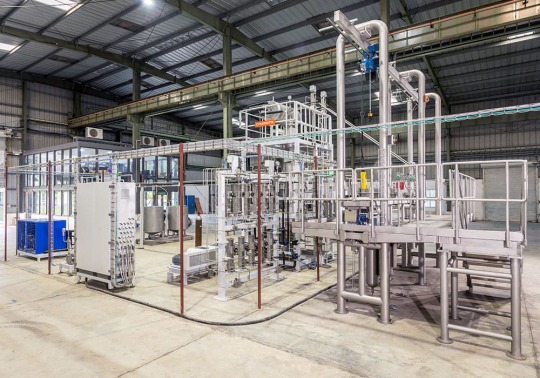
With the innovation in the field of natural products, people have started choosing from a variety of options. The usage of essential oils has also gained much credit in the field. These have an aromatic property and therapeutic benefits that make people go for such products.
But, with this rising demand also comes the need to extract the products in the right composition. This is when the CO2 extraction process comes in. The CO2 extraction for essential oils is one of the most useful ways to extract high-quality product and with minimal solvent residues. This is a prominent technique and aims to improve the purity of the products. But with the increasing times, there has also developed new trends that have affected the extraction process.
Trends and their effects on CO2 extraction for essential oils
Here is a list of the upcoming trends that have enhanced the process of CO2 extraction for essential oils. Let’s take a look at them.
Innovation in equipment:
The extraction process has started using more of the innovative equipment for the extraction process. This, as a result has improved the efficiency, scalability and control of the product. Further, by using sophisticated products, the regulation for the parameters extraction has also become precise and the reproducibility is also enhanced. For a government that is hell bent on introducing energy-efficient equipment, this trend is of great importance.
2. Enhancement of the supercritical CO2 extraction process:
The supercritical CO2 extraction process is one of the modern techniques for extraction of essential oils. It uses carbon dioxide as the main solvent, by bringing it to a supercritical state (a point where the solvent exhibits the properties of both liquids and gases). This in the present times has also become one of the favoured choices of most clients due to its ability to extract the purest form of a substance.
3. Offering diversification in applications:
The CO2 can be used in different applications. The versatility possessed by the CO2 extraction for essential oils helps the aromatherapy and fragrance industries cannot be compared to anything else. Further, such an upcoming trend has also supported the medical cannabis extraction process and become crucial in a variety of sectors starting with beverage, pharmaceuticals and nutraceuticals.
4. Spreading awareness and educating the people:
The upcoming trends have allowed spreading awareness among the common people about the extraction of essential oils using CO2. Also, different cannabis facility designs have become more transparent in their communication, offer details about the extraction process and even provide product certificates. This, as a result builds up trust and loyalty among the client and the company and also helps meet the evolving expectations of the conscientious consumers.
These were some of the most important evolvements that have occurred due to the emergence of the CO2 extraction. Along with other improvements, there are also certain technological innovations that is going to take the generation to new heights and offer for further growth and evolution.
#cannabis oil extraction equipment#medical cannabis extraction#supercritical co2 extraction process#cannabis business consulting
0 notes
Text

Profitability Enhancement
https://thecannacpas.com/
Call Us!
(833) 272-2262
0 notes
Text
#massachusetts cannabis industry#cannabis sales#cannabis business course#massachusetts industry#medical marijuana#hemp#thc#cannabis education#cannabis sales jobs#weed eater sales#cannabis community#weed community
0 notes
Text

Echinacea
More information about here :
https://sites.google.com/view/medicinal-garden-kit01/home
#echinacea#flowers#medicinal cannabis#medicinal herbs#medicinal plants#medicinal marijuana#medicinal mushrooms#business#finance#marketing#medical billing services#stock market#founder#economy#health#hospital#success#herbs and spices#my hero academia#college life#science#medicine
0 notes
Photo

The #MaryJaneBerlin is definitely one of the most important events in the European cannabis industry. We are highly impressed by the event's scale and the multitude of companies and individuals one can meet and connect with.
Robert from our team will be present throughout the day tomorrow, Friday. If you are interested in discussing your product ideas and formulations, please feel free to reach out to him on LinkedIn or via email:
LinkedIn: https://lnkd.in/dfEdPB2Y
Email: [email protected]
We can't wait to see you there!
1 note
·
View note
Text

Taylor Carr is a highly skilled 30-year-old legal medical cannabis consultant and grower from St. Thomas, Ontario in Canada. Taylor has been passionate about the cannabis industry since he was young and his expertise is invaluable for medical cannabis companies all over the world!
Taylor Carr's experience ranges from cultivation techniques to regulatory compliance with Health Canada regulations so that businesses can remain compliant while providing quality products. He also provides consulting services on product development, business strategy, and market analysis so clients can stay competitive in this ever-evolving industry.
1 note
·
View note
Text
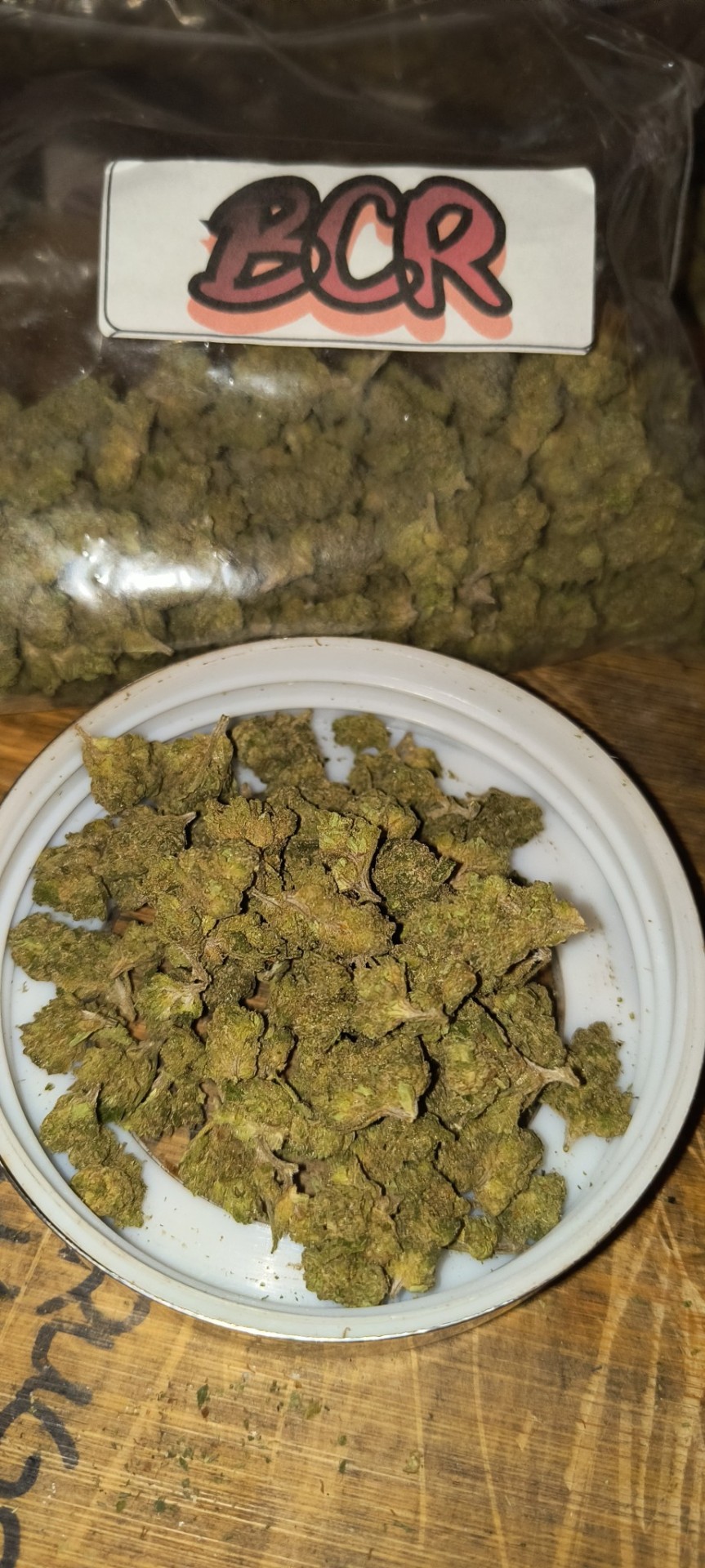
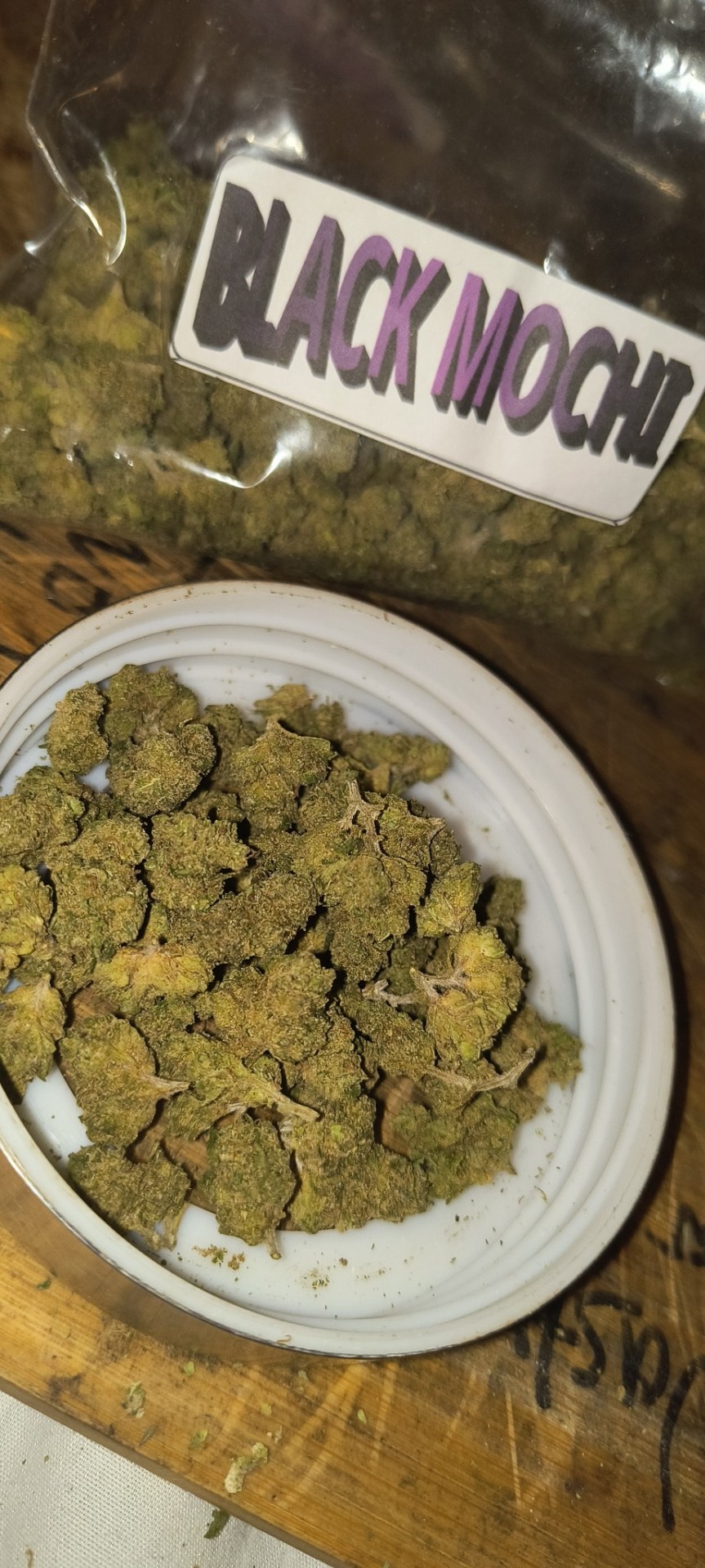
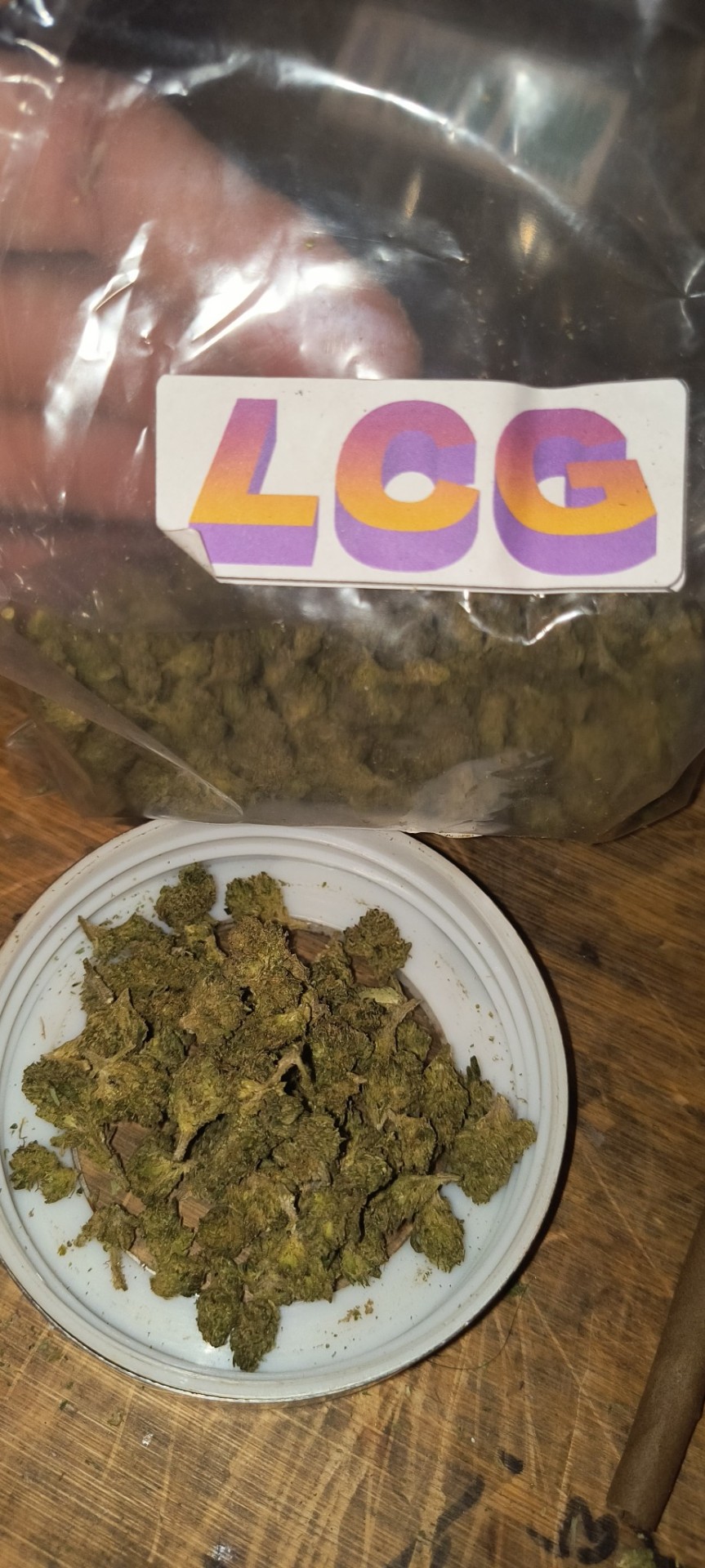
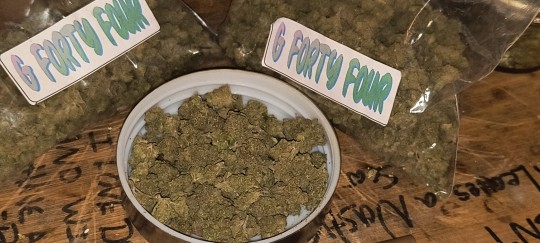
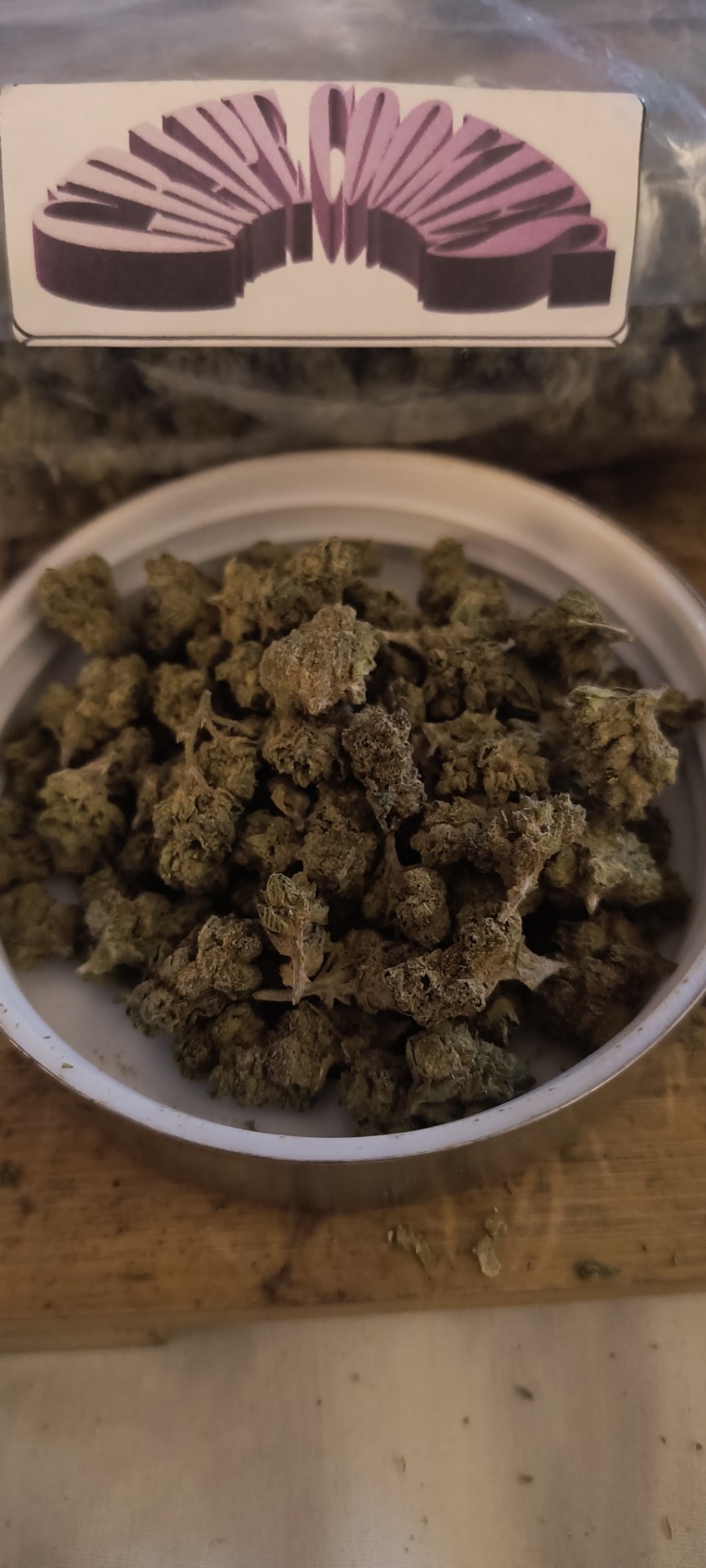
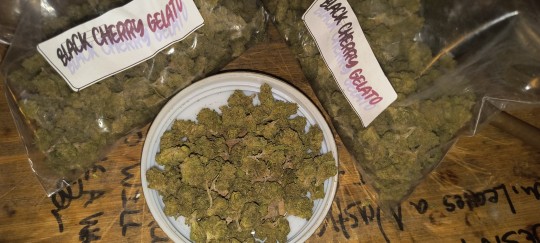
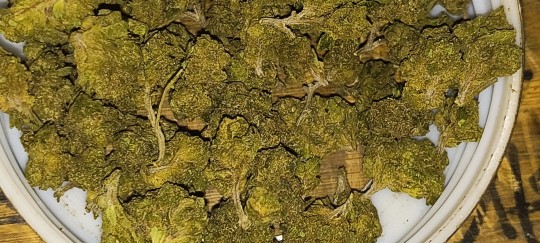
Weed dump 420
#self care#kentucky#cannabis#self medication#smoke weed everyday#weed strains#weed community#small business
3 notes
·
View notes
Text
#Maine#governor#tax deductions#business tax deductions#state tax deductions#cannabis#marijuana#weed#pot#legalization#medical marijuana#mmj#medical cannabis#legalize
4 notes
·
View notes
Text
Chennai’s first CBD clinic focussing medical cannabis and integrative healing opens. We get a first look
Access to the town’s first medical cannabis clinic is through a steep, winding staircase, main from a busy tattoo studio. It feels appropriately area of interest, given the tumultuous historical past and notoriety of marijuana in India.
However, Cansaa, which its CEO Naveen Kumar calls “India’s first integrative therapeutic clinic”, because it combines useful medication, Ayurveda, acupuncture and…
View On WordPress
#10 benefits of cbd#cansaa#cansaa chennai#cbd cansaa#cbd chennai#cbd clinic#cbd gummies#cbd medical abbreviation#cbd oil#cbd shop#central business district chennai#chennai cbd shop#is cbd bad for you#is cbd banned#is cbd illegal#medical cannabis dispensary#medical cannabis india#medical cannabis products#medical cannabis strain#medical cbd#medical cbd oil#medical cbd prescription#what is cbd used for
0 notes
Text
4/20 Day: The cannabis industry has too much pot. Can trade between states help? | AP News
News article includes a must see video.
#cannabis culture#cannabis community#medical cannabis#medical marijuana#cannabis industry#cannabis business#marijuana legalization#cannabis legalization news
1 note
·
View note